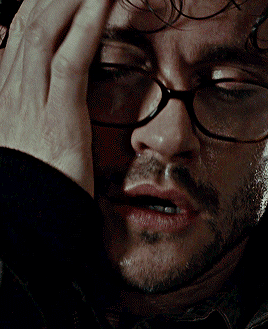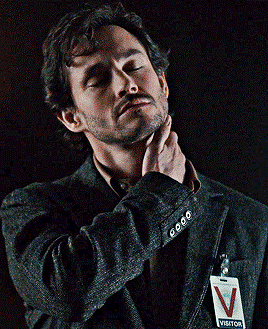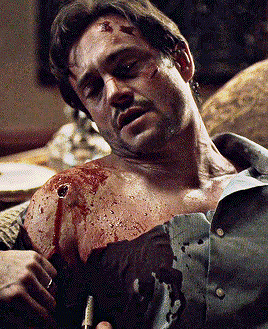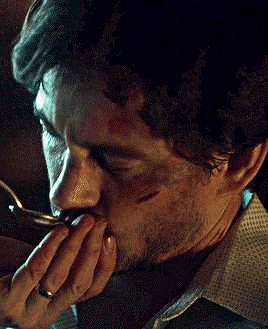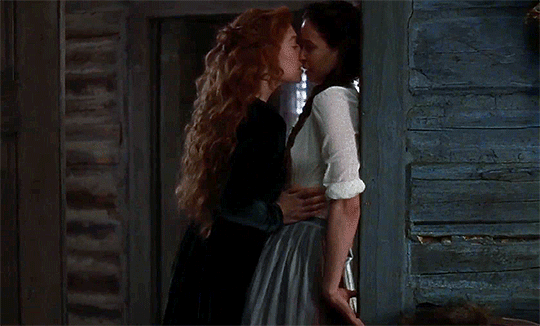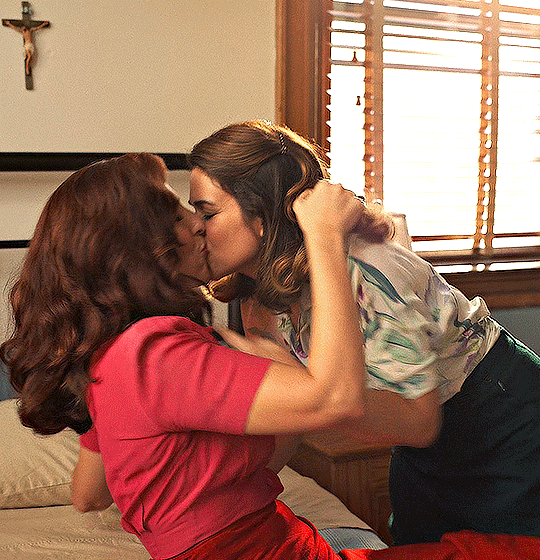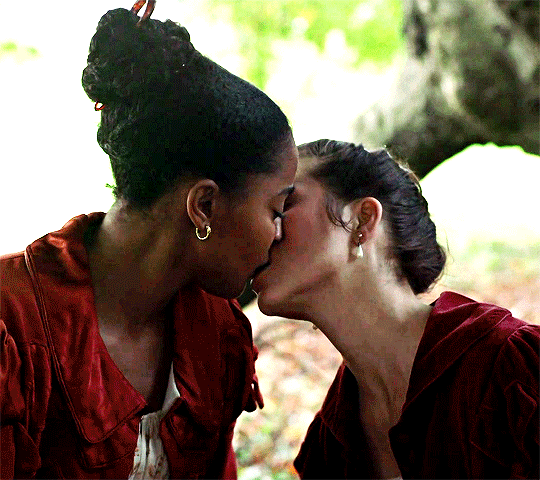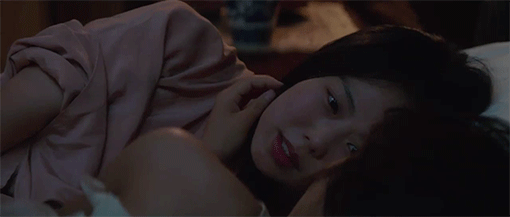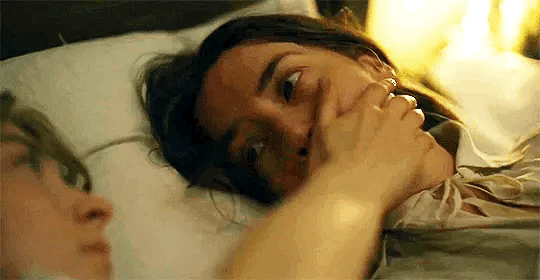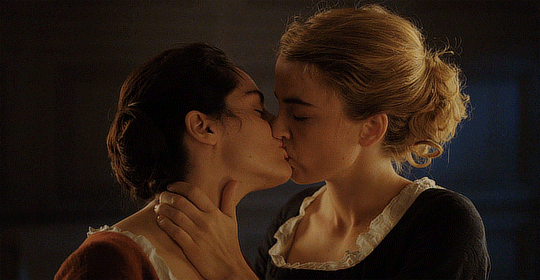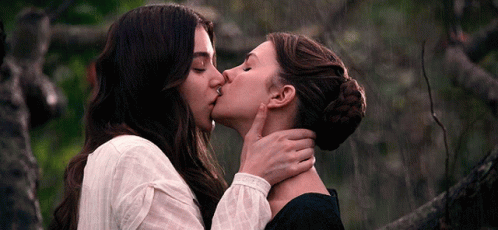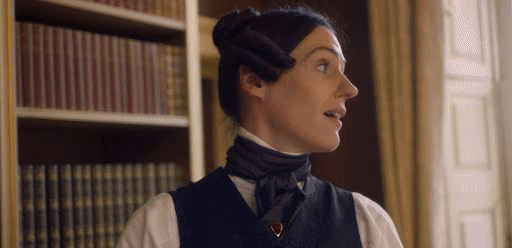Text
British Regional Accents and Dialects in Doctor Who
[This is a paper I wrote last year for a British culture class.]
Doctor Who is a British science fiction television series, its history spanning almost fifty years of Saturday teatime broadcasting history. Because of its long run, the show offers a unique view on how the conventions of British television regarding language and dialects have changed over the years: like lines in a tree trunk, the different practices of different decades have left their mark on the show. How has the use of regional accents and dialects in British broadcast television changed and how has it affected the series?
Background
The first episode of Doctor Who aired on BBC television on 23 November 1963, on the day right after President Kennedy’s assassination. Following a mysterious time-travelling alien called the Doctor and his adventures through time and space with his various companions, this ‘children’s show that the adults love’, as it is sometimes called, became a massive hit and established itself as a family classic and a staple of British popular culture.
The original run of Doctor Who, or ‘the classic series’, lasted for 26 years, going through seven different actors portraying the Doctor. Riding on the tailwind of ‘Dalekmania’[1] in the 1960s, the show rapidly grew its viewerbase. After hitting its peak in both viewership and critical acclaim in its ‘golden years’ in the mid-to-late-70s, the figures took a downwards turn and the numbers continued to plummet throughout the 80s. Due to a perceived decline in quality, the BBC decided to put the show on an 18-month hiatus in 1985 and finally on an indeterminately long one in 1989. This hiatus would, in the end, last for 16 years.
During these ‘wilderness years’, as the fans call them, there was no new Doctor Who on television, save for a few one-off specials and a made-for-TV movie in 1996, all of which failed to generate enough interest to start a new series. The Doctor did, however, return to his traditional Saturday teatime slot eventually. In March 2005 a brand new series of Doctor Who began, continuing where the classic series and the TV movie left off, but with a new Doctor and a fresh look on the show. This new series, also called ‘New Who’, ‘the revival’, or simply ‘the new series’ by the fans of the classic series, not only catered for the old fans’ long-starved appetite for more adventures through time and space, but also found itself a massive amount of new fans who had grown without a Doctor on their TV screens. This incarnation of the show is still running strong today, with its sixth season and third Doctor currently underway.
The Doctor’s Language
The first incarnation of the Doctor, played by William Hartnell, was a frail, giggling old man whose doddering manner belied a sharp intelligence and surprisingly adept physical skills. He was a strong, patriarchal authority figure to his companions, and as such he often talked to them in a very strict and slightly condescending way, addressing a 30-year-old science teacher as ‘my dear boy’ and punctuating his speech with bemused scoffs and condescending giggles (Unearthly). He spoke in a very proper RP accent, which added to his authority and gave his words a more ‘official’ feel. This accent, however, was more the rule than the exception on BBC television at the time: since it is more or less the spoken equivalent of standard written English, it was thought to be culturally and regionally neutral enough to be the ‘official’ dialect used by newscasters, sports commentators and the like. This ‘BBC English’ was continued to be spoken by the next five Doctors following Hartnell as well, each naturally with their own unique speech patterns and uses of language, but rarely any changes to the accent itself. Since, however, there have been exceptions to this tradition.
The first one to break the mould was Sylvester McCoy, the Seventh Doctor. In his portrayal of the Doctor, he used his own Scottish accent, rolling his r’s in a very distinct way. The peculiarities of his accent were emphasised by his manic speech pattern, changing from high-pitched and excited into menacing murmur mid-sentence. His accent was still, however, quite mild: despite his rolling r’s, his t’s were as distinct as they are in standard BBC English and not swallowed by a glottal stop, and he never told anyone to ‘watch oot’ or anything of the sort. His vocabulary was also very standard English, he never called people ‘lads’ or visited a ‘wee planet’ – he was, after all, a Time Lord from the planet Gallifrey who merely spoke in a Scottish accent, not a Scottish Time Lord per se. His speech was still close to RP, but with a Scottish twist.
McCoy was the last Doctor in the classic series proper, but he did briefly return to his role in the 1996 TV movie to hand over the reigns to the Eighth Doctor, Paul McGann. The TV movie was made as a pilot to a possible new American Doctor Who series, and to fit the bill the character of the Doctor was rendered more archetypal and more easily identifiable to the new foreign audiences. The Eighth Doctor was the prototypical English gentleman, eccentric but kind at heart, and his accent followed suit. The rural exoticism of McCoy’s Scottish flair made way for McGann’s soft-spoken RP with the slightest Liverpudlian quality, designed to make the character easy to identify for the Americans while assuring the home audiences that the character was still decidedly British.
When the new series began in 2005, the new showrunner Russell T Davies took a very contemporary approach to the age-old show. Doctor Who has always been a politically active series, often veering more or less to the left on the political spectrum – for example, Sylvester McCoy’s time on the show was markedly anti- Margaret Thatcher, explicitly seen in the serial The Happiness Patrol, with a transparent Thatcher caricature as the main villain and clear parallels to the miners’ strike of 1984-85 (Adams) – and it has always denoted a central message of individualism and acceptance. Davies, himself a vocal gay rights activist, set on to tackle contemporary issues of environmentalism and multiculturalism. The new series frequently features characters from racial, sexual and cultural minorities, quite unheard of in the classic series, or indeed British television on the whole in the 1960s, 70s and 80s.
With a variety of cultures came a variety of accents, and the Doctor was no different. The Ninth Doctor, played by Christopher Eccleston, spoke in Eccleston’s own Mancunian accent, which was a stark contrast to the RP Doctors of old. In “Rose”, the first episode of the new series, Rose Tyler, the Doctor’s new companion, even asks him, ‘If you are an alien how come you sound like you’re from the North?’ The Doctor, annoyed, merely points out that ‘Lots of planets have a North!’ Eccleston’s Doctor is temperamental and unpredictable, and his accent, coupled with his style of clothing with jumpers, jeans and leather jackets, gives him a streetwise quality no other Doctor had, before or since.
David Tennant, who played the Doctor after Eccleston left, hails from Scotland and normally speaks with a Scottish accent, but this was not incorporated into his incarnation of the character. Instead, the Tenth Doctor speaks very mild Estuary English; he occasionally skips his h’s and swallows his t’s, but all in all his accent is very close to standard received pronunciation. Matt Smith, the Eleventh Doctor, continued this development back towards RP. Smith’s Doctor is an old soul in a young body, and the way he speaks reflects this: his accent is quite standard and proper, but his speech patterns are irregular and his mind does not always seem to be able to keep up with his mouth.
The Supporting Cast
Since the Doctor has always been the most prominent character on the show, the choices regarding his way of speaking have always been more conservative than with the supporting characters. Naturally enough the different production teams throughout the years have wanted their leading man’s accent to be fairly neutral to keep the character equally identifiable to everybody – especially in the classic series, when the BBC was on the whole more wary of using regional dialects and accents on air than it is today – while the supporting cast, the Doctor’s friends and enemies, can more freely add colour to the show’s language.
While throughout the classic series even with supporting characters RP was usually the norm and regional accents the exception, some of the Doctor’s travelling companions spoke in very strong dialects. One early example is Ben Jackson, a companion to the first two Doctors. Ben, a working-class sailor, spoke with a very thick Cockney accent, swallowing his t’s with great appetite and even using Cockney rhyming slang every now and then. In The Power of the Daleks,[2] Ben tries explaining his use of the slang to the newly regenerated[3] Second Doctor, played by Patrick Troughton:
Ben: ‘You, my old china, are an out and out phony!’
Doctor: ‘China. Yes, I went there once I believe. Met Marco Polo.’
Ben: ‘No, not China. China! China and plate, mate, friend.’
Doctor: ‘Yes, Marco Polo, a friend. I believe he was.’
Another really iconic companion of the Second Doctor was Jamie McCrimmon, an 18th century Scottish Highlander, who, naturally enough, spoke in a Scottish dialect. He punctuated his speech with ‘ooh aye’s and called, for example, aeroplanes ‘flying beasties’ when he visited Gatwick Airport with the Doctor in the story The Faceless Ones.
Dorothy, or ‘Ace’ as she preferred to be called, was a streetwise teenager from the London suburbs, companion to the Seventh Doctor. She spoke late-1980s street talk, or rather, what the middle-aged men writing for the show thought was street talk. She would convey her approval of things with an excited cry of ‘wicked!’ or ���ace!’ The all-important expletives of youth language were, of course, substituted with more broadcast-television-friendly words like ‘Gordon Bennett’ (Remembrance).
The aforementioned Rose Tyler, 19 years old, working in a shopping mall and living in a council estate with her mother in South London, was another working-class companion from the city. As such she spoke with a very working-class accent, often using, for example, the glottal stop instead of clearly enunciating her t’s.
The latest companion to the Eleventh Doctor, Amy Pond, is a young Scottish woman who moved out of Scotland at a very young age, but has still retained her Scottish accent despite having lived most of her life in Gloucestershire. Amy is portrayed being a very independent and steadfast, almost stubborn woman, so this reflects her character. Her r’s have a faint roll to them at times, certainly not as strong as Sylvester McCoy’s but clearly audible nonetheless. Vowels cannot escape her Scottish accent either; for example, she pronounces the word ‘clue’ as ‘kloo’.
Doctor Who in an Exciting Adventure with the Dialects
The prevalence of RP in the classic series is definitely the result of BBC’s conventions at the time and not, for example, a conscious effort to make the Doctor seem more authoritative or ‘upper’ – even if he is portrayed as such, this is the result of his characterisation on the whole rather than his accent alone. With the new series, as a result of times changing both the Doctor and his supporting cast of characters have been able to present a more diverse picture of British dialects and accents, with actors from varied backgrounds portraying characters from many different cultures and regions. Doctor Who has always been a product of its time, and as such it has grown with the times.
Author Notes
The second story of the classic series, The Daleks (sometimes known as The Mutants or The Dead Planet, there is some controversy as to what these early stories should be called (Wood and Miles 39)), introduced the Doctor’s most iconic enemies, a race of xenophobic alien mutants called the Daleks. The Daleks, who are basically space Nazis in little tanks, struck a chord with the post-war generation and quickly became an enormous hit. ‘Dalekmania’ swept the country, with the Daleks appearing on television shows, songs, films, toys, and various other kinds of merchandise, doing wonders for Doctor Who’s viewership figures.
Power of the Daleks is among of the depressingly large number of early Doctor Who stories that no longer exist. Due to the BBC’s policy of destroying and reusing old tapes at the time, tapes containing the only existing copies of many Doctor Who stories of the 1960s were carelessly wiped and reused. The soundtracks for these stories do, however, still exist, recorded off-air by fans, and this is where I got the snippet of dialogue in the paper.
When afflicted with mortal trauma, the Doctor’s species, Time Lords, instead of dying, go through a rejuvenating process called regeneration, changing every cell in their body, resulting in having a completely new body and new personality while still being, in essence, the same person. This is the in-universe explanation for changing the lead actor and with him the Doctor’s characterisation.
Official page by the BBC. Exact broadcast dates and other general information acquired here.
Works Cited
- Adams, Stephen. Doctor Who ‘had anti-Thatcher agenda’. 14 February 2010. The Telegraph. URL: <http://www.telegraph.co.uk/culture/tvandradio/doctor-who/7235547/Doctor-Who-had-anti-Thatcher-agenda.html>
- Doctor Who: The Classic Series. BBC. Viewed 11 December 2011. URL: <http://www.bbc.co.uk/doctorwho/classic/>[4]
- Doctor Who, Series 1. Perf. Christopher Eccleston and Billie Piper. 2005. DVD. 2 Entertainment Video, 2005.
- The Faceless Ones. Episode One. Doctor Who. Perf. Patrick Troughton and Frazer Hines. BBC1. 8 April 1967.
- Power of the Daleks. Episode Two. Doctor Who. Perf. Patrick Troughton and Michael Craze. BBC1. 12 November 1966.
- Remembrance of the Daleks. Part Two. Doctor Who. Perf. Sylvester McCoy and Sophie Aldred. BBC1. 12 October 1988.
- An Unearthly Child. Doctor Who. Perf. William Hartnell, Carole Ann Ford, William Russell and Jacqueline Hill. BBC. 23 November 1963.
- Wood, Tat, and Lawrence Miles. About Time 1: An Unauthorized Guide to Doctor Who (Seasons 1 to 3). Des Moines, Iowa: Mad Norwegian Press, 2006.
40 notes
·
View notes
Photo



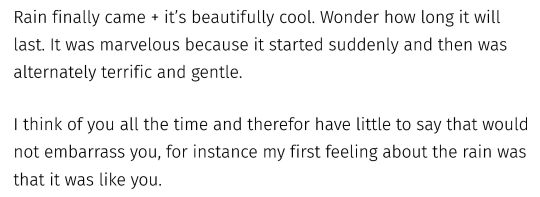




I FEEL YOUR LOVE AS RAIN
Frida Kahlo to José Bartoli, October 1946
Patricia Highsmith, The Price of Salt
Vincent van Gogh, Auvers in Rain (detail)
John Cage to Merce Cunningham, June 1943
Låpsley, ‘My Love Was Like the Rain’
Maria Kostareva, Before the Storm (detail)
Audre Lorde, ‘Woman’, from Black Unicorn
Robert Frost, ‘A Line-storm Song’
870 notes
·
View notes
Text


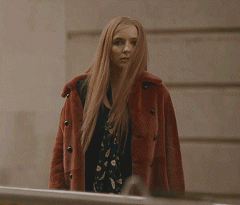
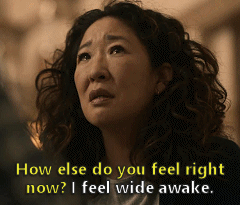

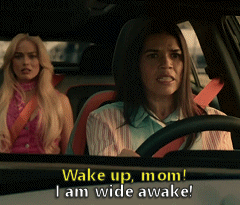
Carol (2015) | Killing Eve (2019) | Barbie (2023)
331 notes
·
View notes
Photo
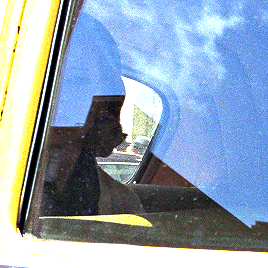
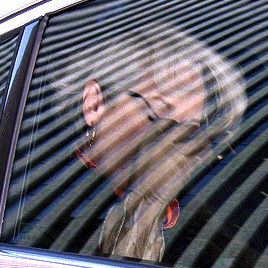
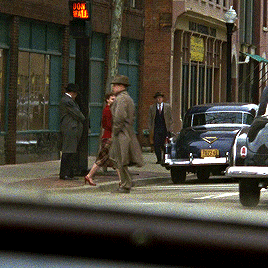
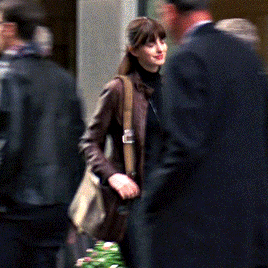
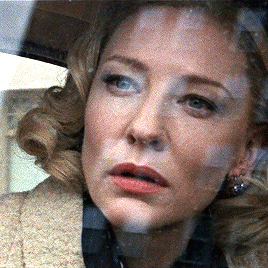
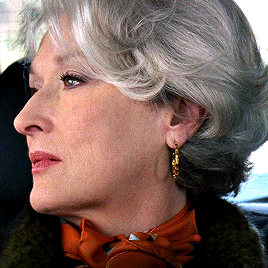
CAROL (2015) dir. Todd Haynes
THE DEVIL WEARS PRADA (2006) dir. David Frankel
2K notes
·
View notes
Text
i love british tv it's always oh look it's Blorbo from All of My Shows
5K notes
·
View notes
Text
Top 10 Lesbian Period Films
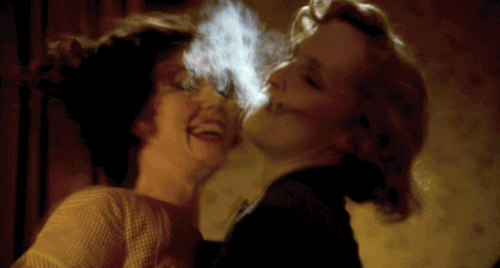
10. Aimee and Jaguar
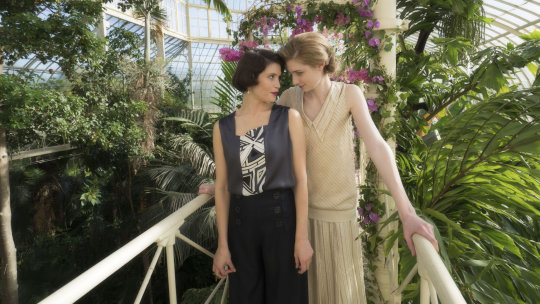
9. Vita and Virginia
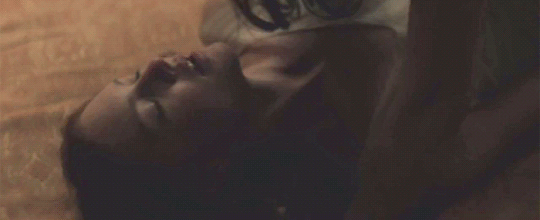
8. Tell it to the Bees
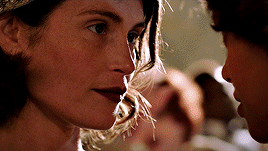
7. Summerland
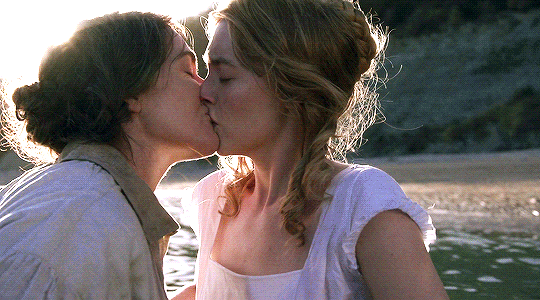
6. Ammonite
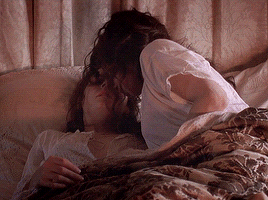
5. Fingersmith

4. Portrait of a lady on Fire
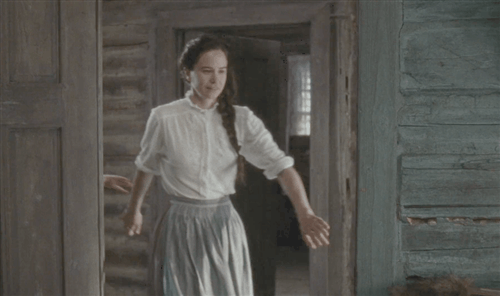
3. The World to Come
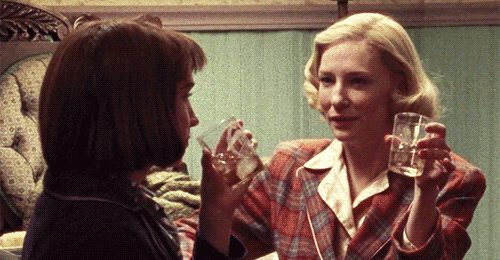
2. Carol
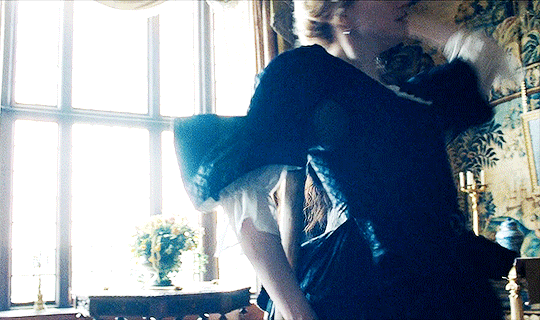
1. The Favourite
7K notes
·
View notes
Text
40 Sapphic Movies You Have to Watch or You're NOT Gay
I do make the rules
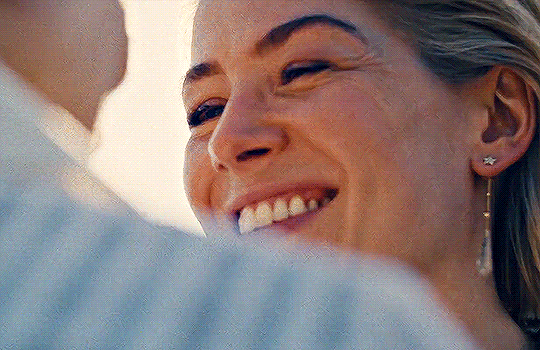
1. I Care a Lot
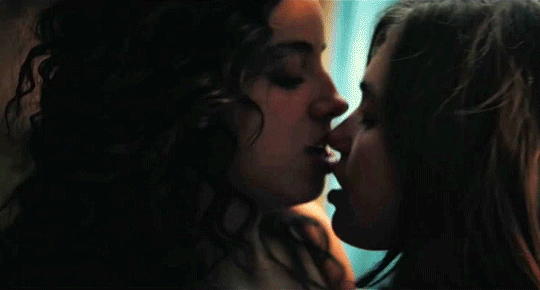
2. Fear Street Trilogy
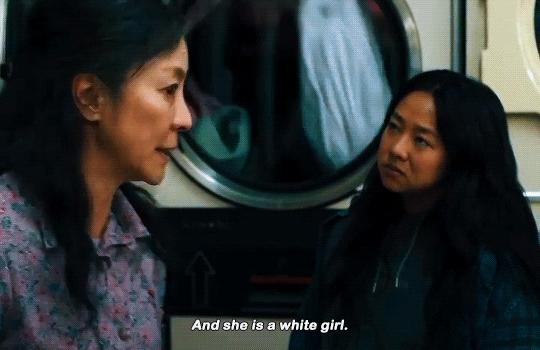
3. Everything Everywhere All at Once
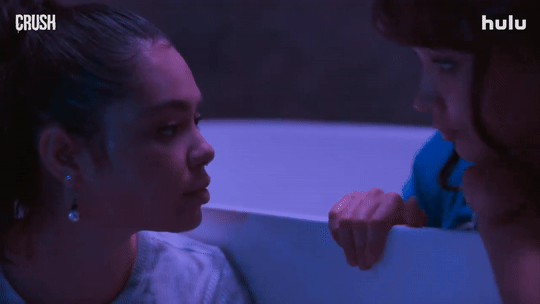
4. Crush
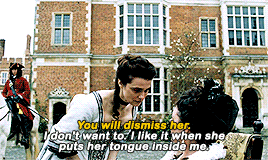
5. The Favourite
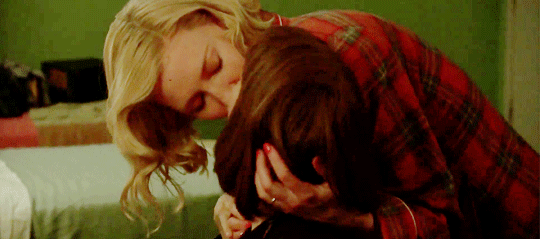
6. Carol
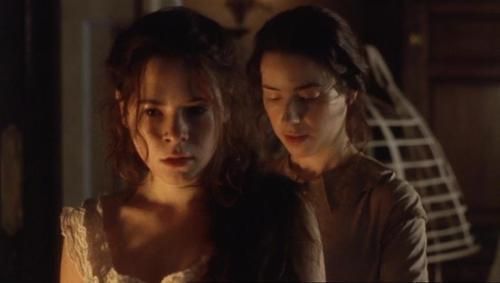
7. Fingersmith BBC
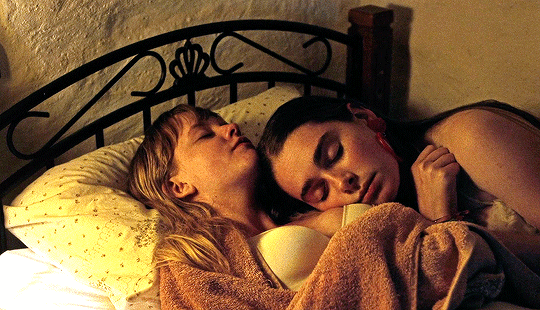
8. My First Summer
youtube
9. Girl Picture
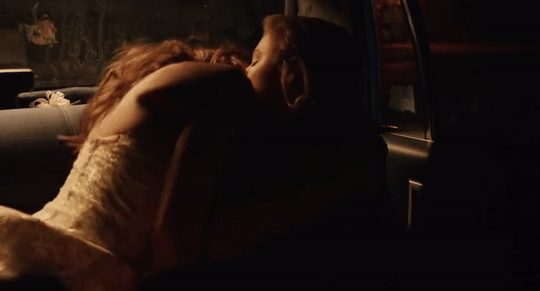
10. The Miseducation of Cameron Post
youtube
11. The Prom
youtube
12. Fucking Amal
youtube
13. Booksmart
youtube
14. Happiest Season
youtube
15. Love Classified
youtube
16. Portrait of a Lady on Fire
youtube
17. The Handmaiden
youtube
18. The Half of It
19. The World to Come
20. The Mitchells VS the Machines
21. Thelma
youtube
22. Besties
24. Ammonite
25. Imagine me and You
26. The New Mutants
27. Disobedience
28. Under the Christmas Tree
29. I can't Think Straight
30. Ek Ladki Ko Dekha Toh Aisa Laga (How I felt when I saw that girl)
31. Saving Face
32. Kyss Myg
33. Tell it to The Bees
34. Aimee & Jaguar
35. Summerland
36. Badhaai Do
37. The Perfection
38. The Novice
39. Anais in Love
40. Mulholland Drive
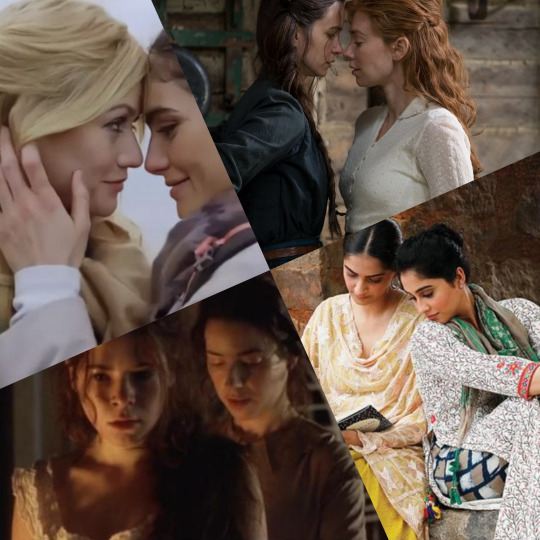
Edit: By popular request, enough movies added to not have to hear any more lectures 😂
6K notes
·
View notes
Text
I just needed to add to/finish the iconic *cries in [insert language]* parallel.
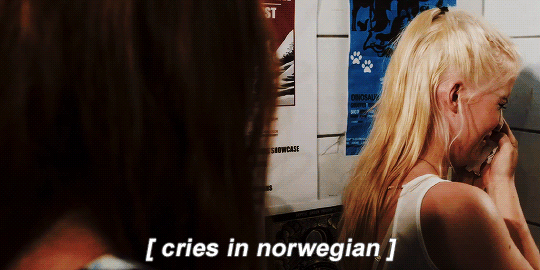
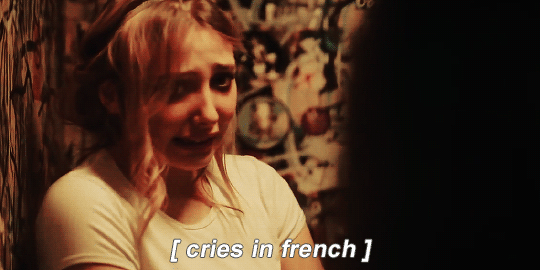




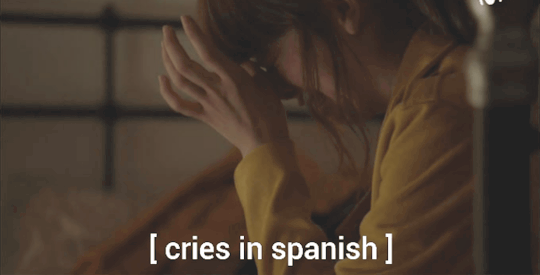

credit to @skamremakesedit if you made the first 3 gifs.
97 notes
·
View notes
Text
NBC Hannibal is so funny because it's the exact opposite of old noir detective films.
Most of the women are badasses who have lots of agency, make intelligence decisions for themselves, see through other people's bullcrap, and generally have their shit together.
And the men are just these wet pathetic guys who can't stop getting manipulated, are too hysterical to do the job, keep letting their emotions get to their heads, and completely bend to the whims of a good-looking guy who will order them around.
3K notes
·
View notes
Text
Favorite song titles 💕
I Slept With Someone In Fall Out Boy And All I Got Was This Stupid Song Written About Me (Fall Out Boy)
Just When You Thought We Couldn't Get Any More Emo, We Go And Pull A Stunt Like This (Motionless In White)
This Song Is Called (The Devil Wears Prada)
I Used To Have A Best Friend (But Then He Gave Me An STD) (Asking Alexandria)
There's A Good Reason These Tables Are Numbered Honey, You Just Haven't Thought Of It Yet (Panic! At The Disco)
I'd Hate To Be You When People Find Out What This Song Is About (Mayday Parade)
Someday, In The Event That Mankind Actually Figures Out What It Is That This World Revolves Around, Thousands Of People Are Going To Be Shocked And Perplexed To Find Out It Was Not Them. Sometimes, This Includes Me (The Chariot)
No Need For Introductions, I've Read About Girls Like You On The Back Of Toilet Doors (Bring Me The Horizon)
I've Got 10 Friends And A Crow Bar That Says You Ain't Gonna Do Jack (Underoath)
Surprise! I'm From Cuba, Everyone Has One Brain (Dance Gavin Dance)



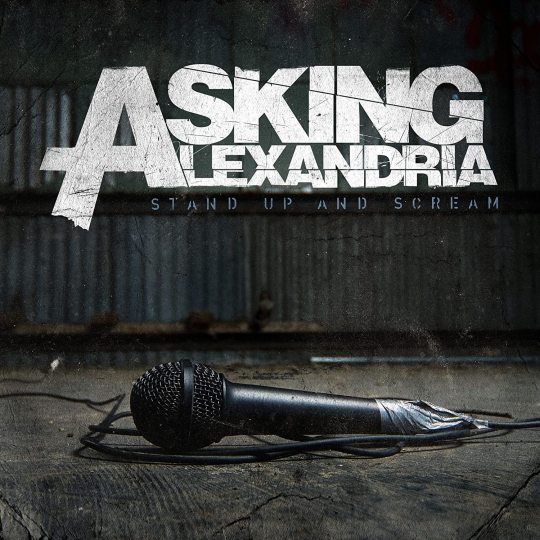
462 notes
·
View notes
Text
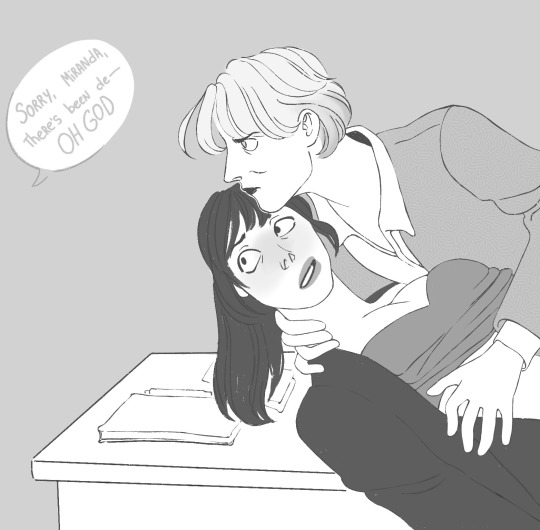
The devil takes off prada or something idk
593 notes
·
View notes
Text
Anne Hathaway dressing like Andy from The Devil Wears Prada and sitting next to Anna Wintour for NYFW 2022 is so cunt

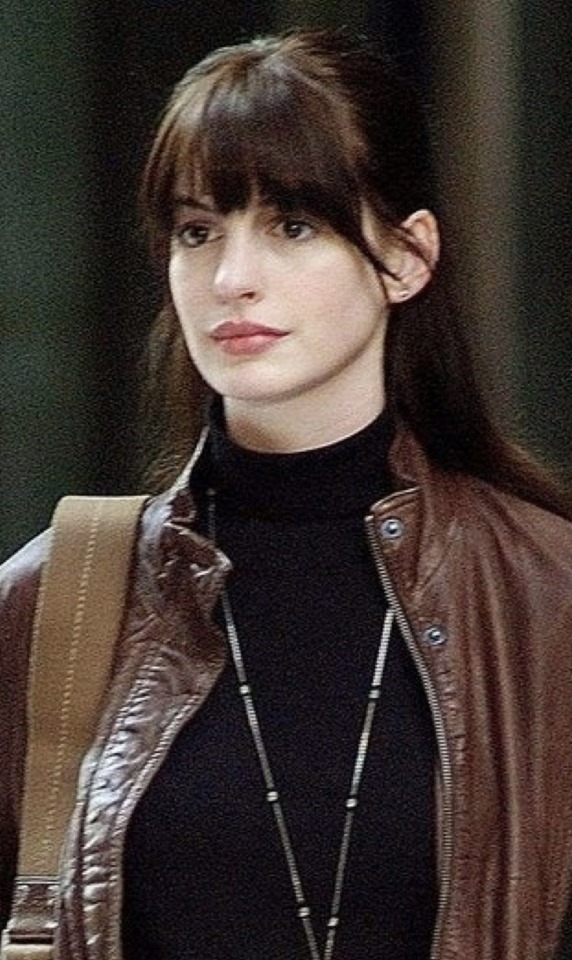
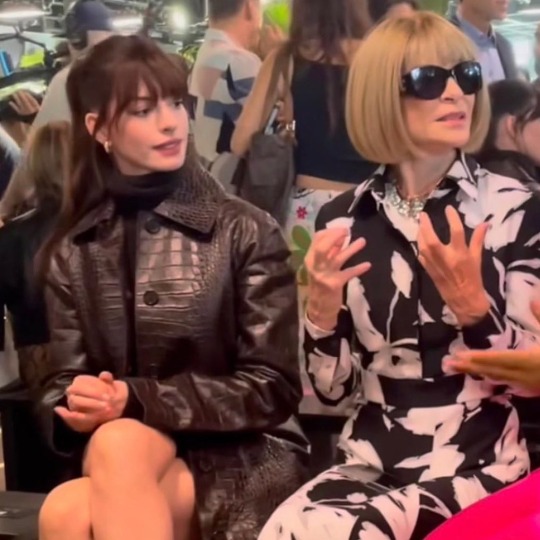
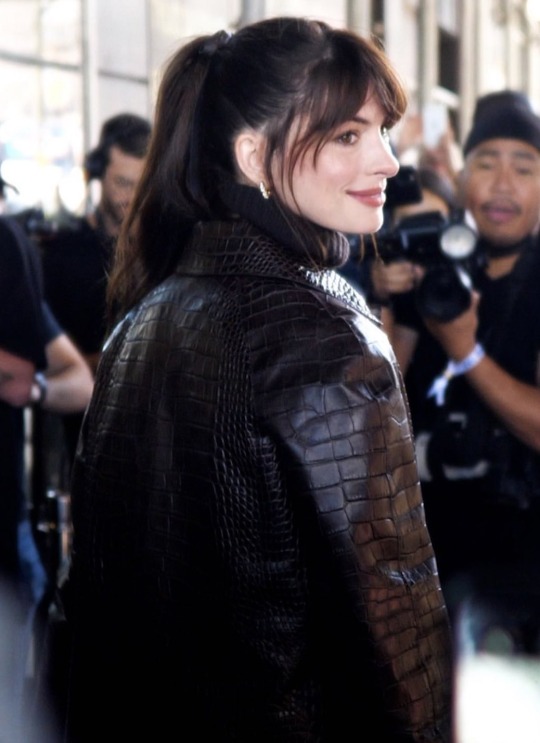
20K notes
·
View notes
Text



jack mistook franklyn for hannibal when they first met, and he's been big mad ever since (more hannibal/franklyn parallels)
2K notes
·
View notes
Photo
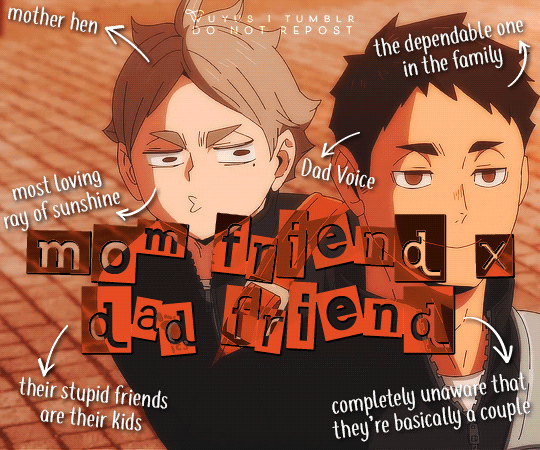
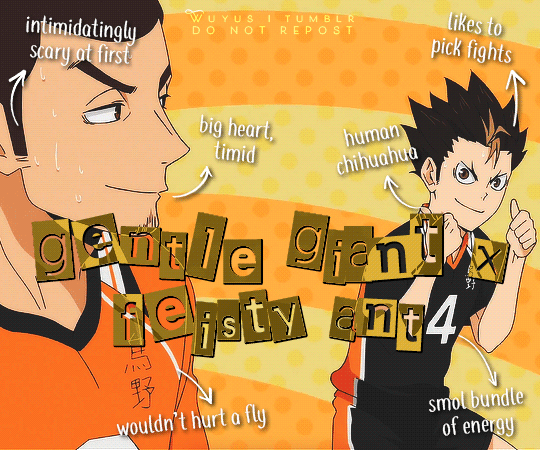



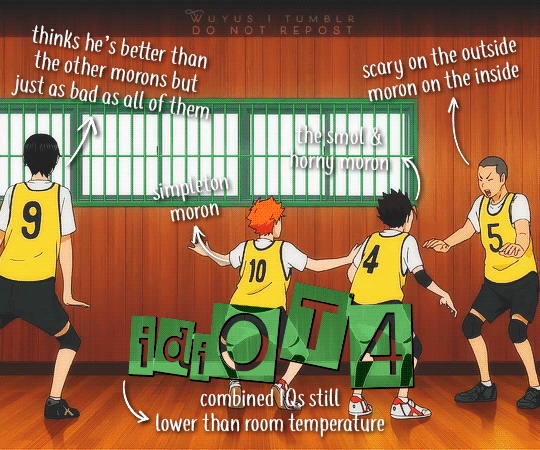




hq!! ship dynamics
insp below the cut
Keep reading
2K notes
·
View notes
Text
asahi: im scared of the dark…
noya: don’t worry, babe.
noya: i got this.
noya: *stomps his foot*
noya: *sneakers lights up*
321 notes
·
View notes
